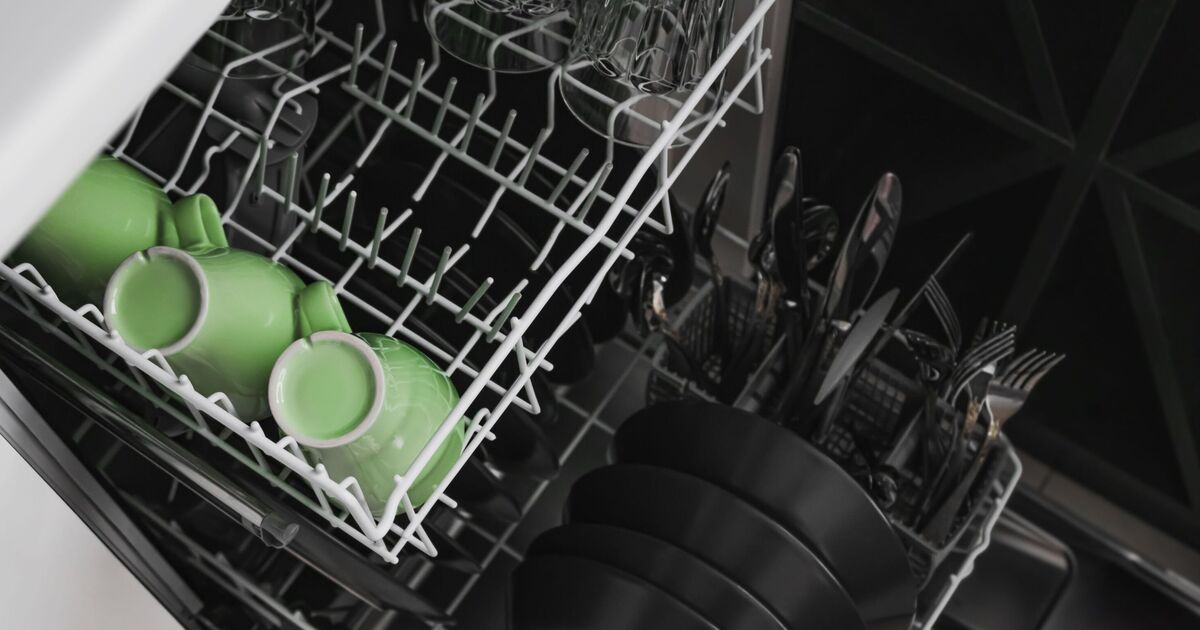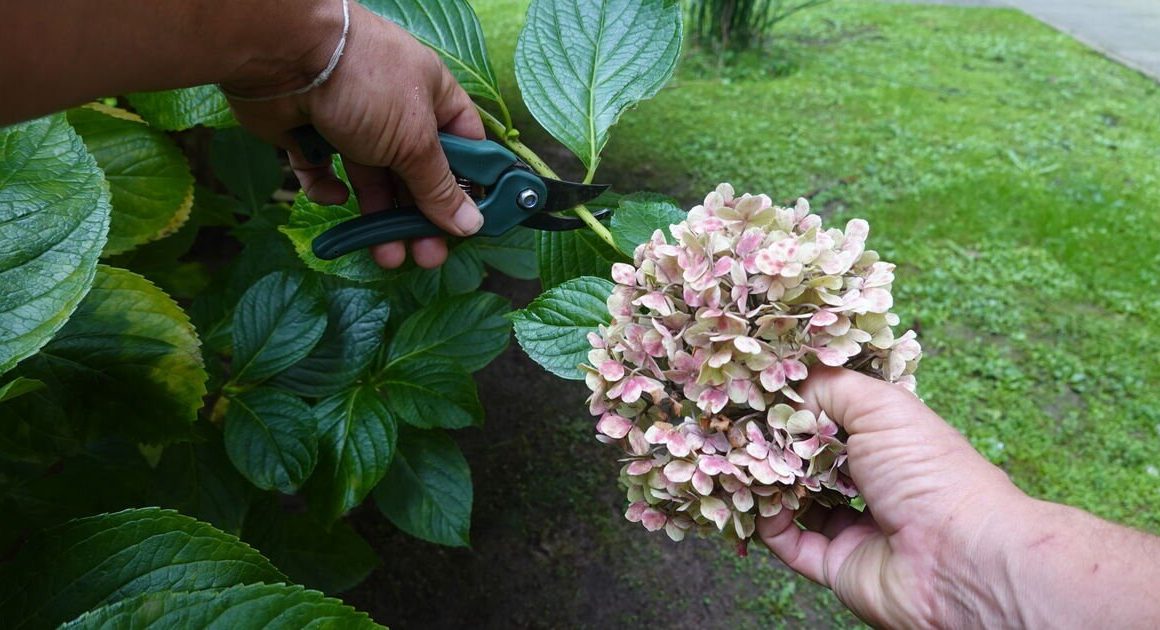A common dishwasher cycle that cleans dishes quickly could actually cost you more in the long run, according to experts.
Consumer experts at Which? found that fast-wash cycles on dishwashers used more energy and water, cost more than main or eco washes and cleaned and dried worse.
In the watchdog’s consumer champion’s 2024 product tests, experts tested more than 3,000 products across 200 categories including food and drink, and home and kitchen.
All dishwashers have three core cycles – main/auto, eco and quick wash. A snapshot test of three big-brand models exposed the limitations of quick wash (also known as ‘fast’, rapid’ or ‘express’), according to the experts.
Based on five washes per week using the main cycle exclusively, it would cost £62.82 a year, on average, according to Which?’s snapshot test. By contrast, exclusively using quick wash would cost more – £68.07 on average.
Based on Which?’s findings, the quick-wash cycle was also found to not clean and dry dishes as well as the main program while also using more energy and water.
They also found that eco mode doesn’t clean and dry quite as well as the main cycle, but it uses less energy and water and is much cheaper to run over a year.
By switching to eco, you pay just £46.13 in annual costs. Over five years, eco mode would save you £83.45 over the main program and £109.70 over quick wash.
Harry Rose, Editor of Which? magazine, said: “Every year, Which?’s rigorous and independent tests uncover secrets and bust myths to help people make the right buying decision and get value for money.
“By keeping our testing insights in mind, consumers can cut through dubious marketing claims and spend their hard-earned cash on items that will serve them well in the long run.”
Which? experts also found that quick-dry cycles on tumble dryers have drawbacks too. They can often use more energy per kilo of fabrics compared to the standard programs, and don’t get clothes completely dry either.
Most modern tumble dryers have humidity sensors that will stop the program when they detect dryness in the clothes.
The best dryers have accurate sensors, but some stop the machine too early, leaving clothes still damp, or too late which is wasteful of energy, money and could lead to damaged clothes.
But the experts say not to pick a dryer based on price alone – cheap tumble dryers are likely to be vented or condenser models, which can be expensive to run.
Vented tumble dryers will cost, on average, around £139 a year to run, and condenser tumble dryers will cost roughly £127 a year.
An energy-efficient heat-pump tumble dryer will cost you an average of £50 per year to run – that’s a saving of up to £89 annually.










